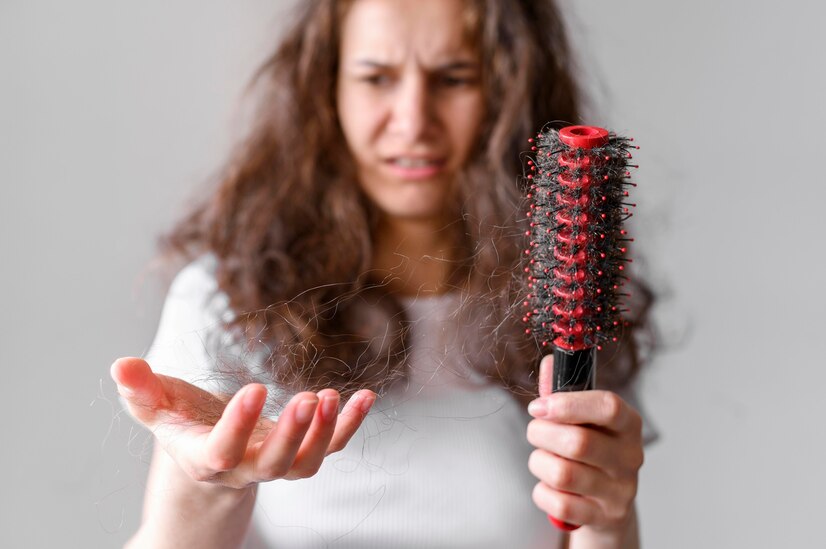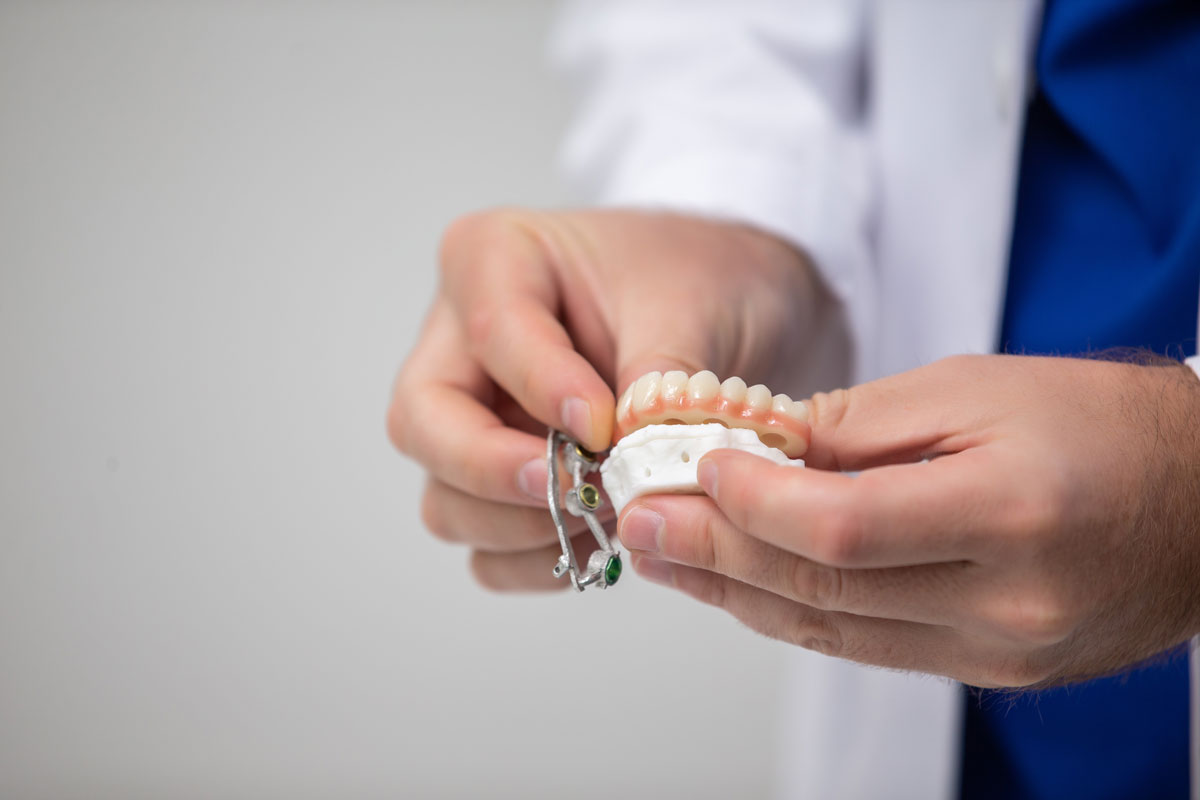Introduction:
Hair loss is a common concern affecting people of all ages and genders. While various factors contribute to hair loss, one often overlooked aspect is vitamin deficiency. Understanding the link between vitamin deficiency and hair loss is essential for managing this common problem and possibly reversing it. A thorough method uses instruments such as a vitamin profile test to provide accurate insights into each person’s unique nutritional demands.
Including these evaluations in regular health examinations, such as a master health checkup, enables a comprehensive picture of an individual’s well-being. This proactive approach guarantees customized therapies that address vitamin shortages and support general vitality in addition to hair health.
Hair Loss Due to Vitamin Deficiency:
Hair loss due to vitamin deficiency is a multifaceted issue that can be influenced by several key nutrients. Among them, vitamin D, iron, zinc, vitamin A, and the B-vitamin group play integral roles in maintaining healthy hair follicles and promoting growth. A deficiency in any of these vitamins can disrupt the hair growth cycle, leading to increased shedding, thinning, or brittle hair.
Vitamin D and Hair Health:
Vitamin D is essential for the generation of new hair follicles, and its deficiency has been linked to alopecia, a condition characterized by hair loss. Insufficient exposure to sunlight, a primary source of vitamin D, can contribute to this deficiency. Including vitamin D-rich foods or supplements can potentially address this aspect of hair loss.
Iron Deficiency and Hair Thinning:
Iron deficiency, commonly associated with anemia, can lead to hair thinning and increased shedding. Iron is vital for transporting oxygen to hair follicles, and insufficient levels can disrupt this process. Incorporating iron-rich foods such as leafy greens, red meat, and legumes can help combat this form of hair loss.
Zinc and Hair Growth:
Zinc plays a crucial role in the hair growth cycle and the repair of damaged hair tissues. A deficiency in zinc can contribute to hair loss and even conditions like alopecia areata. Including zinc-rich foods such as nuts, seeds, and whole grains can support overall hair health.
Vitamin A and B Vitamins for Healthy Hair:
Vitamin A is vital for the production of sebum, the natural oil that moisturizes the scalp and keeps hair healthy. Conversely, an excess of vitamin A can lead to hair loss. B-vitamins, including Biotin (B7), contribute to the production of keratin, a protein essential for hair strength. A deficiency in these vitamins can result in brittle hair and increased hair shedding.
Management and Prevention:
Addressing hair loss due to vitamin deficiency involves identifying and correcting specific nutrient imbalances. A comprehensive approach includes a balanced diet rich in vitamins and minerals, possibly supplemented by targeted vitamin supplements when necessary. Regular monitoring of nutritional status through vitamin tests can provide insights into deficiencies, allowing for timely interventions.
Conclusion:
Hair loss due to vitamin deficiency is a tangible reminder of the intricate connection between nutrition and overall health. Recognizing the root cause of hair loss allows individuals to take proactive steps in nourishing their bodies with the essential vitamins needed for vibrant and healthy hair. Whether through dietary modifications, supplementation, or a combination of both, understanding and addressing vitamin deficiencies can contribute to the restoration of hair health and the prevention of further loss. With proper care and attention to nutritional needs, individuals can unveil the root cause of their hair loss and embark on a journey toward a fuller, healthier mane.




